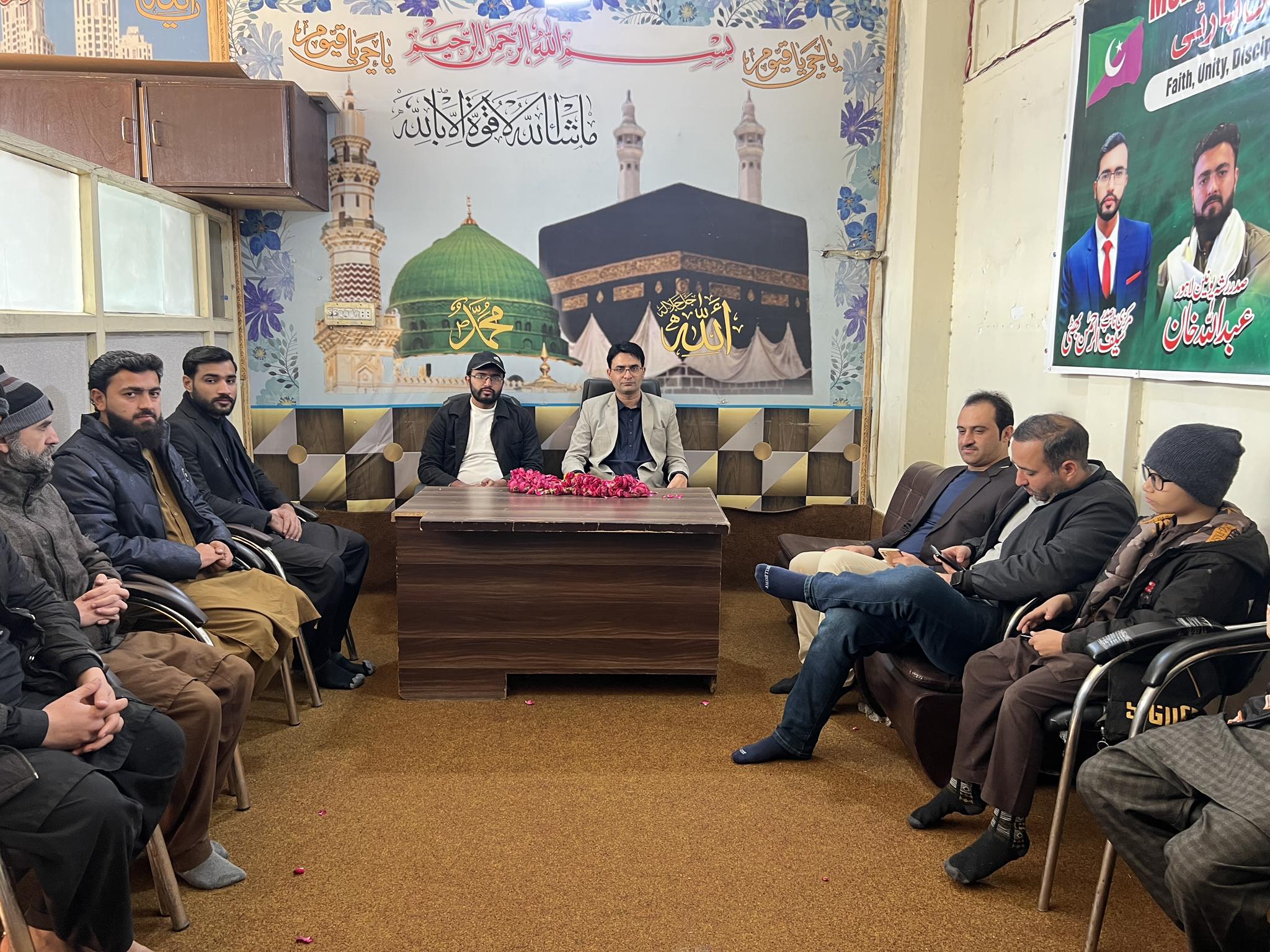ISLAMABAD, Dec 16 (Raja Rajab): The 46th anniversary of Fall of Dhaka was observed Saturday with a note of melancholy and an urge to self-accountability to weed out the causes of disintegration and dissension which had led to that debacle.
Various political, social, cultural and educational institutions will organize public meetings, seminars and symposium to observe the tragic day.
On December 16, 1971, Indian Army in collaboration with Mukti Bahini, an armed wing of the Bengali separatists occupied Dhaka after a long resistance. The surrender of Pakistani military led to the disintegration of East and West Pakistan and the establishment of Bangladesh.
It’s difficult to forget this day when the biggest country of Islamic world faced a ruthless division.
December 16, 1971 is termed as the darkest day in the history of Pakistan. The local population of Eastern Pakistan stood with the enemies against their own Muslim brothers.
At least 90,000 of our soldiers were detained and had to spend a long term in India’s imprisonment.
In the history of nations, 24 years does not hold a significant importance but the division of a country in this span arises numerous questions.
Undoubtedly, East Pakistan could not be separated without India’s intervention but one of the questions is that why the Bengalis who thoroughly struggled for the creation of Pakistan in 1947 were inclined to split from Pakistan after mere 24 years?
The tragic aspect is that the ruling class of Western Pakistan had forgotten the separation of East Pakistan in such a way as if it was not the division of a state but of some unimportant object.
Despite of the passage of 46 years, neither the ones responsible for Dhaka fall have been determined nor has anyone been convicted.
After numerous years we still face the same question “What did we learn from the fall of Dhaka incident?”
 0092-313-5000-734
0092-313-5000-734




